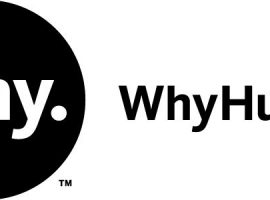At a national gathering I participated in with 500 community organizations and food access groups like soup kitchens, food banks, and food pantries a bold, collective statement emerged from the people working on the frontlines of hunger. I look to their experience as a grounding force in our evolving strategies to end hunger. They stated: “Racial injustice and privilege are at the root of economic injustice. Economic injustice is the root cause of hunger. The only way to end hunger is to end racial injustice.” This analysis emanates from communities gripped by the harsh realities of hunger and poverty. When I stand side by side with community leaders experiencing their work firsthand and talking with people who participate in their programs, I believe this to be true and bear witness. When Harry Chapin and Bill Ayres founded our organization so many years ago they knew that hunger was a symptom of poverty and social injustice including racism. Today we carry that work forward informed by our partners and inspired by our founders.
Here at WhyHunger, we are deeply troubled by the escalating violence in America and around the world. We need deep reflection and positive action. Now is the time to put in motion the healing we still must undertake to address the historical roots of racism perpetuated by the systems, institutions, and policies that are its legacy and keep us from reaching our full human potential. We must end violence in all forms if we are to create a peaceful future and one that is free from hunger and poverty. We have to ask ourselves why people of color are disproportionately living with hunger and poverty and why their communities remain under-resourced and marginalized. Racial inequity and hunger are deeply connected and addressing these disparities is critical to building a better future for all Americans. We are not free until all are free; we are not healthy until all are nourished.
With support, dedication and an unwavering commitment to social justice, WhyHunger knows we have a critical and unique role to play. We work in partnership with communities of color who are working to achieve land access and ownership to grow and produce bountiful food. You can see some of that work in our “What Ferguson Means for the Food Justice Movement” series, in which Black leaders discuss and analyze the ways in which Black communities are oppressed by our current food system, and solutions led by those communities are lifted up. Together, with thousands of diverse grassroots partners around the world, we are transforming our food system so that it is economically just, environmentally sound and addresses oppression at home and abroad. This journey is long and hard, yet indispensable to a peaceful future. We cannot do it alone. We need the leadership of people most affected by the injustices of poverty, along with grassroots organizations and champions of our work, like you. The change we seek is possible and that more peaceful future is ours to create.





